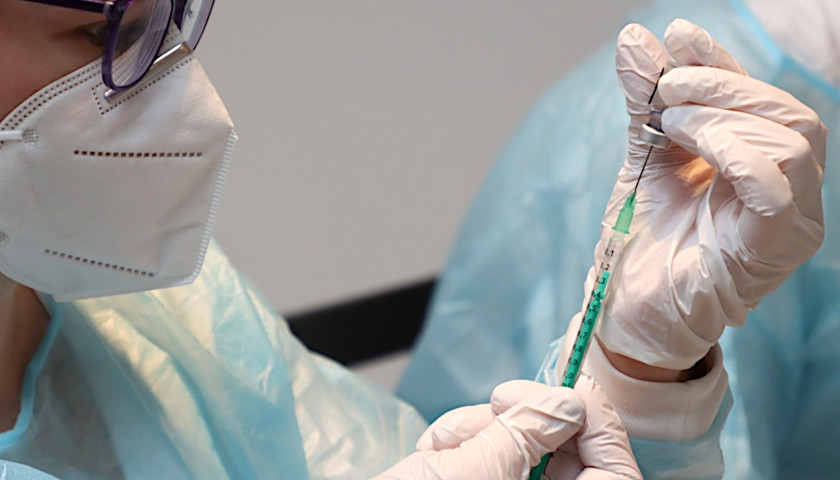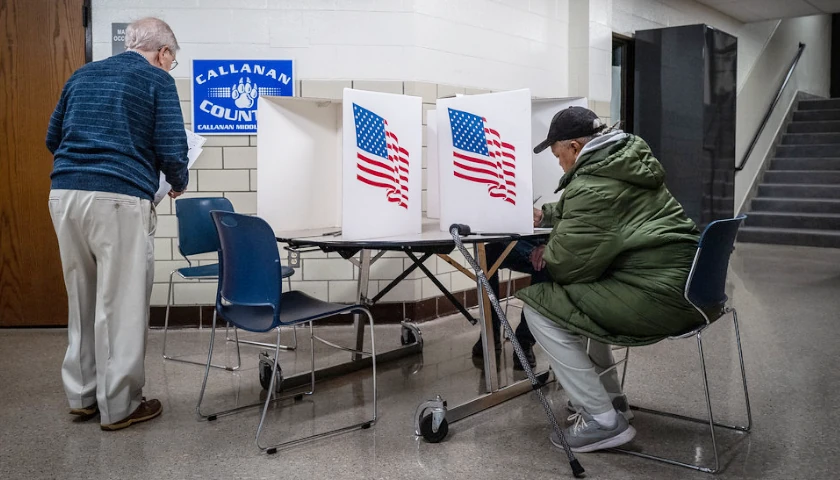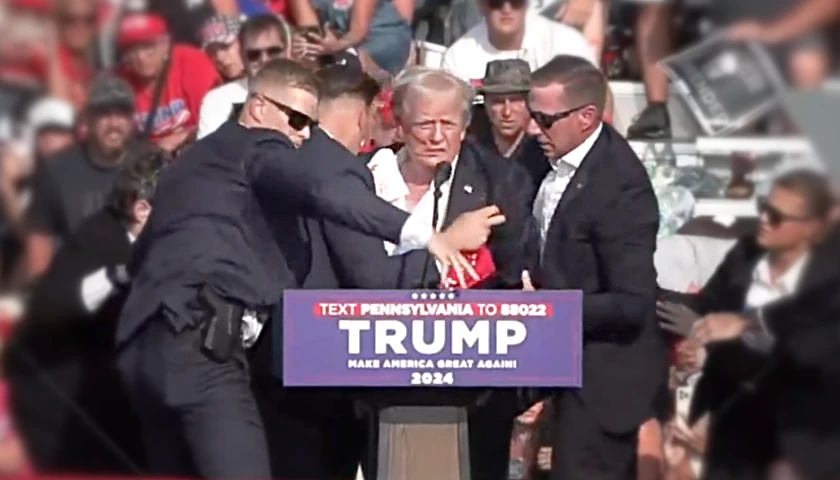Wall Street Journal (WSJ) editorial board member Allysia Finley took to task both the federal government and the pharmaceutical giants profiting from the sale of their COVID mRNA booster shots for a “deceptive advertising” push for Americans to continue taking boosters without proof of their safety or effectiveness.
The U.S. Department of Health and Human Services (HHS) and its health and regulatory agencies are engaged in a “deceptive advertising” campaign, wrote Finley Sunday, suggesting the pressure tactics “shouldn’t come as a surprise,” since the federal government “took the unprecedented step of ordering vaccine makers to produce them and recommending them without data supporting their safety or efficacy.”
Finley observed “three scientific problems” that have emerged with the bivalent boosters:
First, the virus is evolving much faster than the vaccines can be updated. Second, vaccines have hard-wired our immune systems to respond to the original Wuhan strain, so we churn out fewer antibodies that neutralize variants targeted by updated vaccines. Third, antibodies rapidly wane after a few months.
Finley cited two studies published in the New England Journal of Medicine (NEJM) that concluded the bivalent booster shots increase neutralizing antibodies against the recent BA.4 and BA.5 variants, but not significantly more than the original monovalent boosters.
Results of the studies stand in marked contrast to press statements from drug companies Pfizer and Moderna that tout bivalent boosters producing a response to the variants at a level of four to six times that of the original booster shots.
“These claims are misleading,” Finley wrote. “Neither vaccine maker conducted a randomized trial. They tested the original boosters last winter, long before the BA.5 surge and 4½ to six months after trial participants had received their third shots. The bivalents, by contrast, were tested after BA.5 began to surge, 9½ to 11 months after recipients had received their third shots.”
The WSJ editor continued with the crux of the matter:
The vaccine makers designed their studies to get the results they wanted. Public-health authorities didn’t raise an eyebrow, but why would they? They have a vested interest in promoting the bivalents.
The Food and Drug Administration (FDA) ordered the drug giants to produce updated bivalent boosters and approved them before any clinical data were available, Finley explained. Similarly, the Centers for Disease Control and Prevention (CDC) signed off on the booster shots without evidence they were necessary or would be effective.
In particular, Finley cited a CDC study from December that concluded, among adults aged 65 or older, “VE [vaccine effectiveness] of a bivalent booster dose in preventing associated hospitalization was 84%, compared to unvaccinated patients.”
Additionally, the CDC said seniors with bivalent boosters were 73% less likely to be hospitalized with COVID compared with those who received two or more original COVID shots.
The “deception” continues, however, as Finley noted FDA Commissioner Robert Califf tweeted recently, “The bivalent COVID-19 vaccines have been associated with a significant reduction in hospitalization and death in all populations examined, which is clinically meaningful.”
The bivalent COVID-19 vaccines have been associated with a significant reduction in hospitalization and death in all populations examined, which is clinically meaningful. See this page on COVID-19 hospitalizations from @CDCgov. https://t.co/EITeh9jIhK https://t.co/mH8L3rG8Rh
— Dr. Robert M. Califf (@DrCaliff_FDA) January 12, 2023
Vaccines remain the most effective means of preventing the most severe consequences of COVID-19, including hospitalization and death.
— Dr. Robert M. Califf (@DrCaliff_FDA) January 12, 2023
“He should know that correlation doesn’t prove causation,” Finley asserted. “A study found the unvaccinated were significantly more likely to get into car accidents, but that doesn’t mean vaccines prevent crashes.”
“Many of the same experts who trashed observational studies supporting hydroxychloroquine and ivermectin now flog intrinsically flawed studies on bivalent boosters,” she wrote in yet another challenge to the “deceptive advertising” campaign which appears to be continuing.
The Associated Press (AP) reported Tuesday the FDA has proposed an annual COVID shot for adults and children to protect against future variants of the virus.
“This means Americans would no longer have to keep track of how many shots they’ve received or how many months it’s been since their last booster,” AP noted, adding the proposal comes as only 16 percent of those over the age of five have received the latest booster shots that were approved in August.
The FDA’s Vaccines and Related Biological Products Advisory Committee (VRBPAC) will meet Thursday to discuss the future of the mRNA shot schedule, and will be asked to vote on the FDA’s plan.
– – –
Susan Berry, PhD is national education editor at The Star News Network. Email tips to [email protected]
Photo “Vaccine” by Dimhou.




